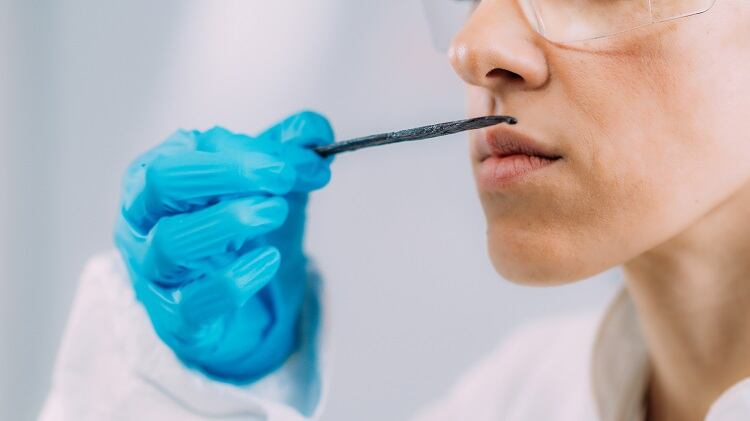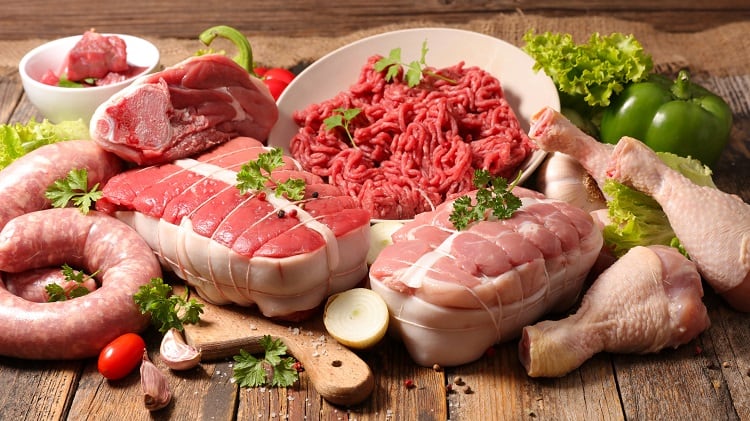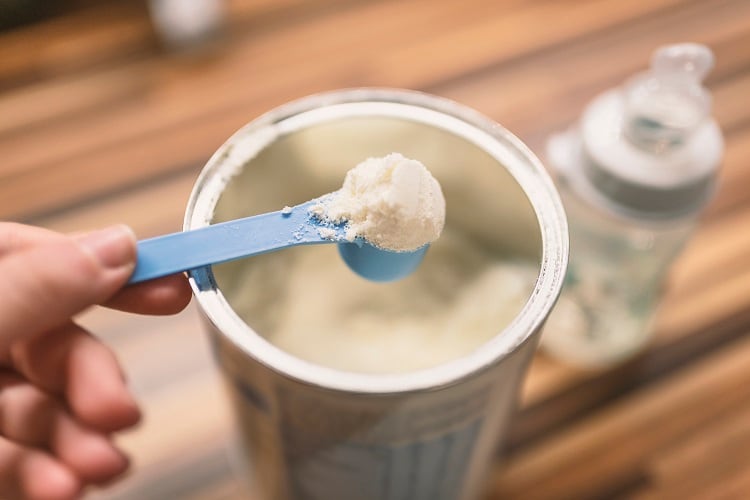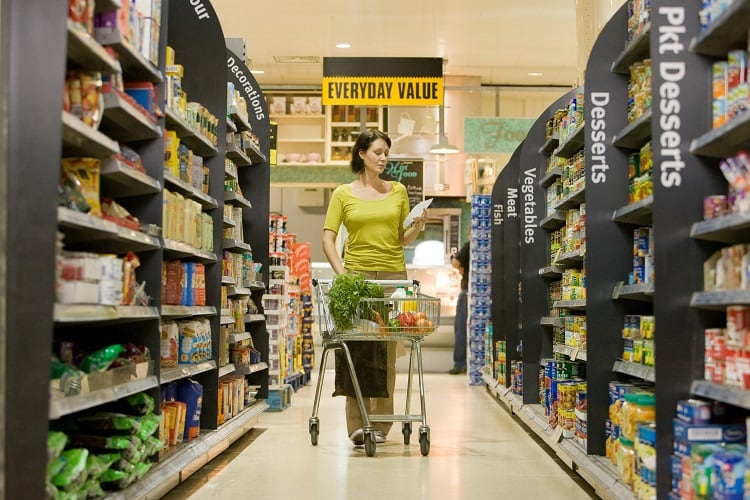In 2019, France’s Directorate-General for Competition, Consumer Affairs and Fraud Control (DGCCRF) undertook an investigation to determine whether vanilla products and flavoured foodstuffs were complying with regulations.
Now, three years on, the results are in, revealing cases of fraudulent and misleading commercial practices.
A perfect storm for food fraud?
Producing natural vanilla for the food and beverage industry is a time- and labour-intensive process. Pollinating and harvesting the beans is largely conducted by hand in tropical climates increasingly impacted by climate change.
Vanilla beans originate from Mexico and Guatemala, and today the majority is harvested within 10-20 degrees of the equator in Madagascar, Uganda, Indonesia, Papua New Guinea, Tanzania, Mexico, and Tahiti, amongst other tropical countries.
Following climatic and socio-economic difficulties in vanilla’s primary producing country, Madagascar, the market has experienced a recent decline in the quality of vanilla beans. At the same time, prices have sharply increased.
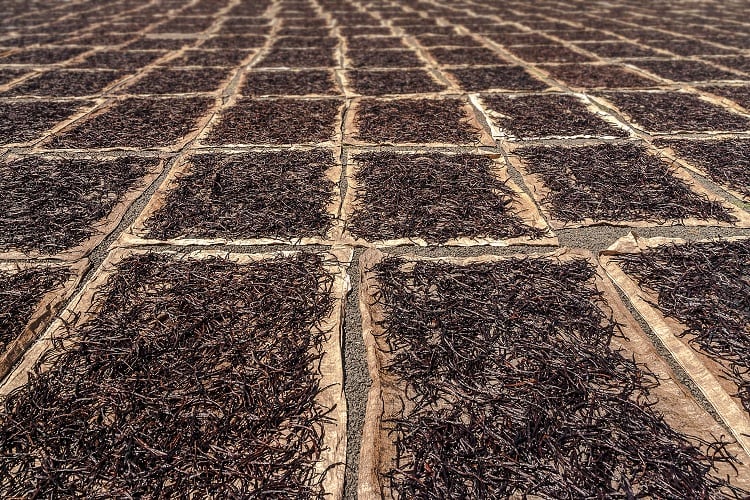
Given the situation's potential to create a perfect storm for food fraud, DGCCRF noted vanilla products present a ‘high risk’. This means that some operators may be tempted to mislead the consumer on the quality of products by adding less expensive substances for natural vanillin – a chemical compound of the extract of the vanilla bean used as a flavouring agent.
Vanilla pods under the microscope
To investigate cases of food fraud in the vanilla category, DGCCRF investigators targeted all operators in the sector, including producers of pods, extracts, natural vanilla flavours, and pure natural vanillin.
The government authority also focused on importers, distributors, retailers and food companies, with investigations covering a total of 177 establishments.
Among the 22 vanilla pods samples, investigators found that one in four did not comply with regulations. Several samples sold to consumers were revealed to be made of spent vanilla pods, meaning vanilla pods already used in the vanillin extraction process now devoid of flavour and odour.
One vanilla pod sample was found to be made of beans dipped in a vanilla flavoured aroma. In this case, an administrative fine was imposed on the retailer.
White powder labelled ‘vanilla’ was also put under the microscope. Testing revealed it mostly to be made up of sugar flavoured with synthetic vanillin. An administrative police measure was addressed to the company, which responded with its intention to either modify the product or cease its marketing.
Only one in two vanilla extracts above board
Overall, only one out of two vanilla extracts checked complied with regulations.
Another fraudulent practice subject to an administrative fine and a report was a sample of vanilla extract labelled as ‘vanilla concentrate’, when in fact it was vanilla flavouring mixed with water.
And vanilla extracts were found to be misrepresented as ‘natural vanilla extracts’, when the term ‘extract’ is used by default for natural preparations. This means that the term ‘natural’ cannot be used in this case.
“These findings gave rise to warnings and administrative police measures aimed at correcting the labelling,” noted DGCCRF.
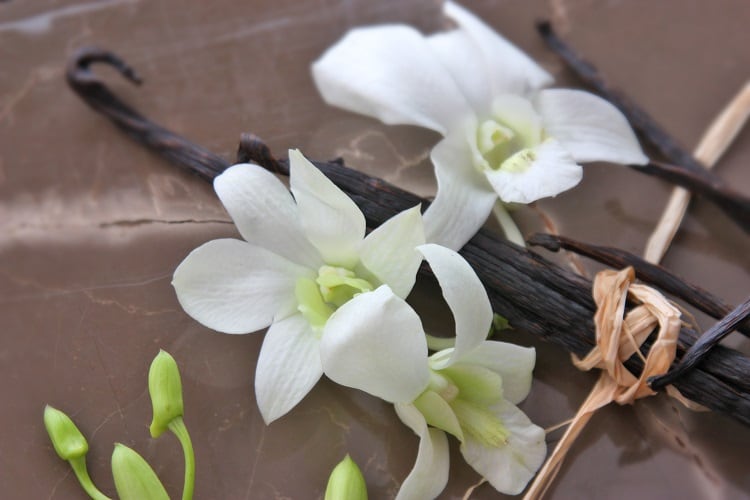
Natural vanilla flavour samples were also cause for concern, with half found to be non-compliant.
Such samples were found to contain insufficient levels of vanillin, or containing a proportion (sometimes more than 90%) of vanillin resulting from biotechnological process.
“The control services have ordered the professional to modify the technical data sheet of the product intended for professional customers and the name of the aroma. An administrative fine was also imposed,” noted the government authority.
Aromatic caramel was also identified in the so-called natural vanilla samples. A warning was sent to the professional.
Flavoured foodstuffs scrutinised
Samples of supposed vanilla sugar were scrutinised by DGCCRF, with testing uncovering ‘very little’ vanillin, if any. One sample of vanilla sugar was found to contain a synthetic compound: ethyl vanillin.
Others claimed to be natural vanilla flavouring, but contained a majority of vanillin from biotechnological processes.
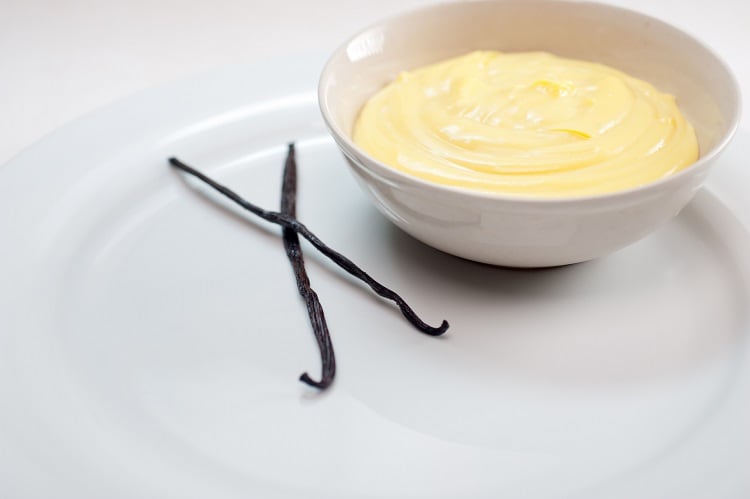
Overall, DGCCRF’s testing indicated a non-compliance rate of 23%. The government authority issued 36 warnings, 13 administrative police measures, three criminal reports, and four administrative fine reports.


